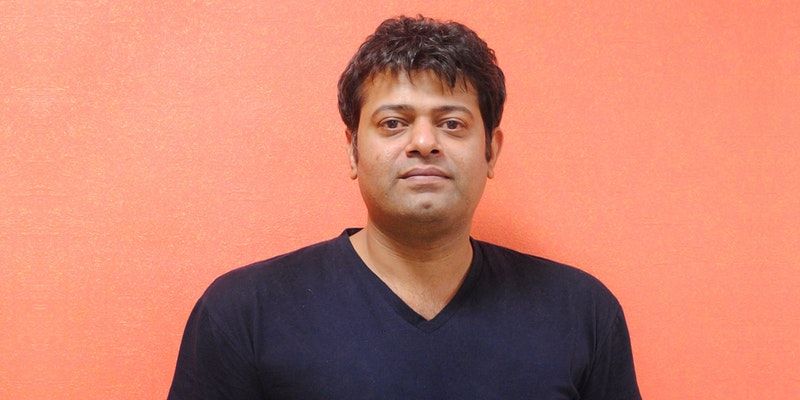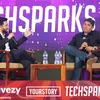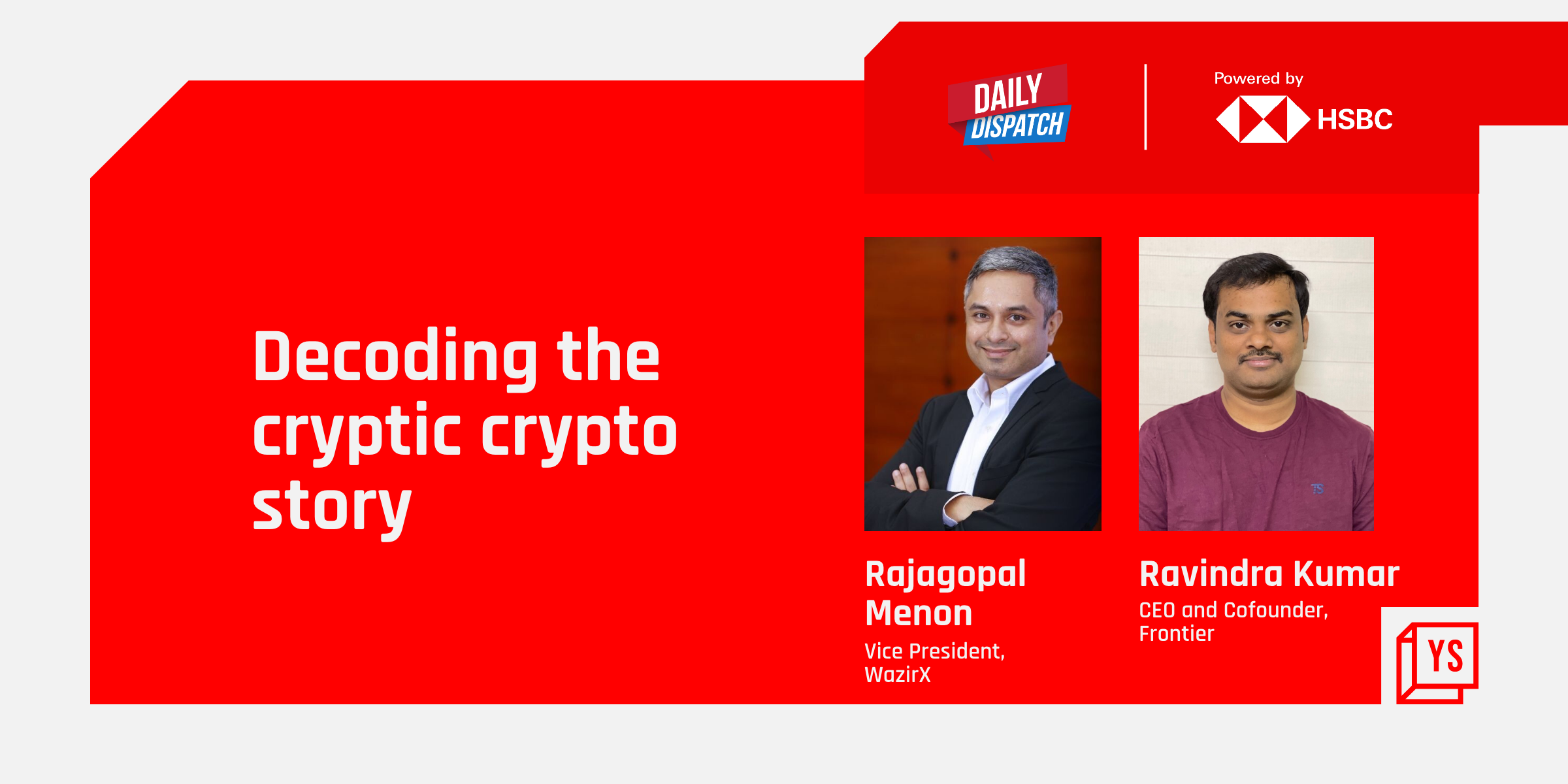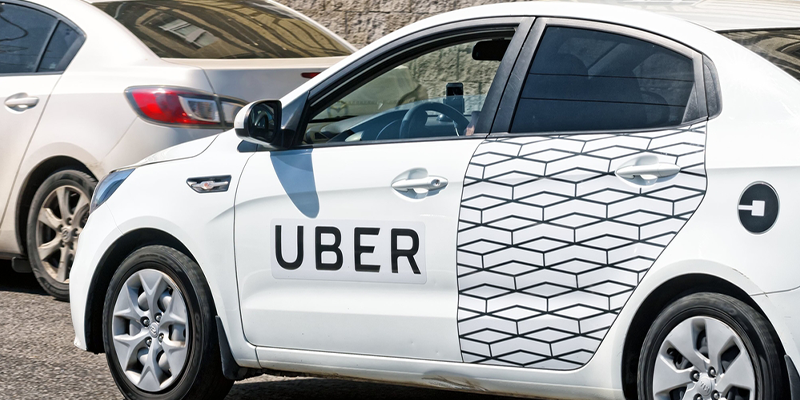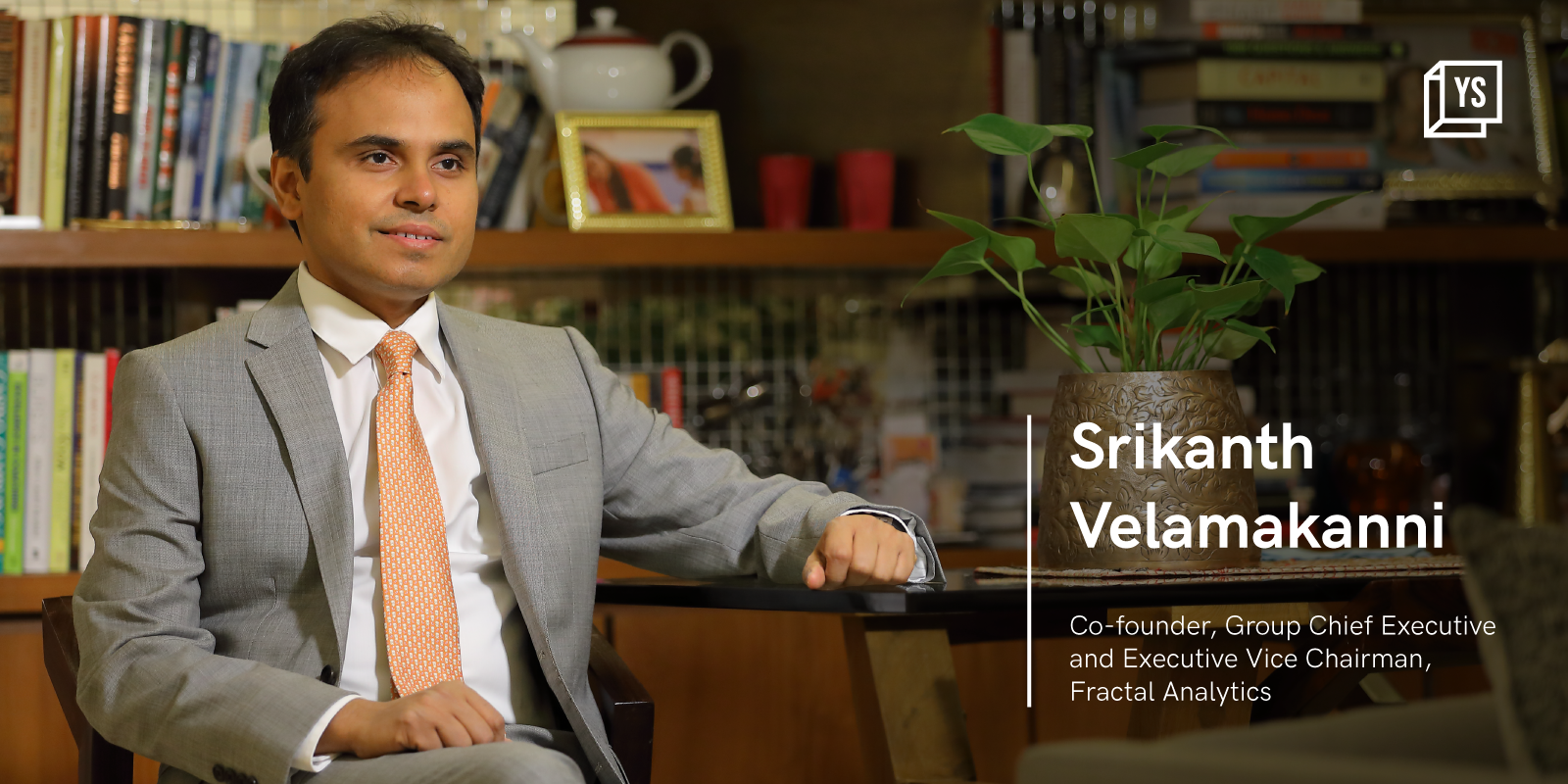Busting success myths: founders of Zomato, Freshworks, MakeMyTrip, and others reveal how they almost blew it
Dentsu Webchutney CEO Sidharth Rao's new book, ‘How I Almost Blew It, incredible lessons from India’s most successful digital entrepreneurs’, tells the stories of some of India’s earliest internet entrepreneurs and their near-fiascos, which make for great lessons.
Every year-end, it is common to find in the media a list of startups that have pulled down their shutters. And though these shutdowns indicate the health of the startup ecosystem since “failure is a byproduct of entrepreneurship,” for founders, often enough, it is a test of their endurance.
In his recently published book, ‘How I Almost Blew It, incredible lessons from India’s most successful digital entrepreneurs’, Sidharth Rao, Founder & CEO of Dentsu Webchutney, tells the stories of some of India’s earliest internet entrepreneurs and their near-fiascos, which make for great lessons for today’s young founders struggling to find a foothold.

Sidharth Rao
“In India, there isn't much literature available in the entrepreneurship space which tells you the stories beyond the vanity milestones that most media focus on reporting. I knew most of these entrepreneurs as friends, agency partners, mentors, and in some cases, a mix of all. It was easy for me to have freewheeling chats with them, and that is why the material you read in the book is honest,” says Sidharth in an interaction with YourStory.
Busting myths
Sidharth, who has been a witness to the rise and fall of the internet economy three times in the last two decades, is himself a digital entrepreneur. At the age of 19, he co-founded Webchutney, that was acquired by Japanese advertising giant Dentsu in 2013. Today, besides being the CEO at Dentsu Webchutney, Sidharth is also an angel investor in a few startups like InVideo, CoHo, and ScoopWhoop.
“As the internet celebrates 25 years of being publicly available next year, there’s never been a better time to be an entrepreneur. With more opportunities, a large amount of capital, an unprecedented scale of internet users, lower costs and a more level playing field than ever before, the Indian digital ecosystem is exploding. Fortunately, I have had the privilege of a ringside view of the industry from the beginning,” he writes in the book.
In these two decades, the internet economy bubble has gone bust thrice. The first one was in 1994, then in 2008 following the Lehman Brothers’ bankruptcy episode, and then in 2016, when the impact was felt on Indian startups as well.
Sidharth says, “It occurred right after giants like Tiger Global, Naspers, and DST Global fuelled an investment frenzy in the ecosystem. Every venture capitalist rushed in trying to match their investments...”
Sidharth was 35 around that time and was on his way to raise a large sum for a proposed incubator. But he was told by potential investors that he was “too old” to do this all over again.
“It seemed that if one wasn’t an IIT graduate or a dropout and younger than 23, there was a slim chance of attracting investors.”
Tough times, tougher founders
If like us, you are one of those who has been following the Indian startup ecosystem, you may recall the funding frenzy through much of 2014 and 2015. From the entitled founders of Housing.com to the Silicon Valley-returned ones of Snapdeal, and the young brigade of Ola and Oyo, it was indeed the ‘season of receiving’ from Santa VCs. Until, of course, when the “music suddenly stopped” as Sidharth puts it.
Through these ups and downs, there were a few successful entrepreneurs “who have acquired a lot of experience in navigating through tough times, scaling, almost blowing it up, fundraising and ultimately succeeding. They have lived lives that aspiring entrepreneurs can learn from,” writes Sidharth.

(From left to right) Anupam Mittal, Founder of People Group, Sidharth Rao, and Ashish Bhasin, CEO APAC and Chairman India Dentsu Aegis Network.
Writing about their mistakes and success, Sidharth says he found it fascinating that regardless of the scale and size of operations and outcomes, all entrepreneurs go through almost the similar predicaments in their journey.
The book captures the stories of some of India’s biggest internet entrepreneurs like Sanjeev Bikhchandani (InfoEdge), Deep Kalra (MakeMyTrip), Deepinder Goyal (Zomato), Sahil Barua (Delhivery), Ashish Hemrajani (BookMyShow), Girish Mathrubootham (Freshworks), and more.
“Startups can die of indigestion, not just starvation. Ashish of BookMyShow and Sanjeev from InfoEdge keep emphasising in the book, especially when asked to reflect on the hyper-funding environment that prevailed in 2015 that dried up quicker than it built up,” Sidharth tells YourStory, adding, “At the peak of the bubble, everyone starts thinking that money is going to solve all the problems and that's just not the case. As an entrepreneur, your job is to do what is right for the end-user. Money and valuation is a by-product of that endeavour.”
Sify rise and fall
Sidharth, who knew most entrepreneurs before he started on his book, says it is difficult to pick his favourite story, but admits that there were a few stories he did not know beforehand.
Ramaraj’s story of building Sify was one such. “How he built India’s first private ISP ground up in the late 90s and then went on to become the second company to list on Nasdaq after Infosys, achieving a market capitalisation of nearly $12 billion, and then see it all come crashing down. It was surreal hearing his adventurous ride,” he says.
Sahil Barua's journey of Delhivery is another story that Sidharth finds fascinating. “It made me think that his was arguably one of the toughest businesses to be built in recent times. Ashish Hemrajani is always entertaining to hear; I could go and on about each one of them…”
Sify was India’s first private internet service provider (ISP) and was also the first internet startup from India that became a decacorn (companies valued over $10 billion when listed). Sidharth writes: “Sify is known for making the most audacious acquisition that cost it nearly Rs 500 crore.” It had acquired a small company, IndiaWorld, whose turnover was just Rs 3 crore, and this acquisition officially flagged off the dot-com mania in India.
However, within 18 months, Sify crashed after being devalued at $70 million. It lost over $11 billion of market capitalisation in less than two years. “If these numbers are any indication, Ramaraj’s ride with Sify is certainly not for the faint-hearted,” he writes.
Lessons in success
As an entrepreneur himself, Sidharth took away many lessons from the journeys of these great founders. The most important one, he says, is that it takes decades to become an overnight success. Some of India’s biggest success stories like MakeMyTrip, InfoEdge, Matrimony.com, BookMyShow, Indiamart etc. have been around for 20 years.
He also believes that the first mover advantage is a myth. “It's said ‘pioneers often get arrows in their backs,’ and it holds for startups as well. There were plenty of attempts in every vertical you can imagine much before the settlers came in and grabbed the land. Also, most startups in this new age live in dog years,” he adds.
As a co-founder himself, Sidharth says he realised how important it is to be open with one’s co-founder and sort out differences sooner than later. He says,
“Toxic co-founder relationship is one of the top three reasons for failures of startups. You can't sidestep the hard work that it takes to make a relationship work. And that is a continuous process of embracing conflict and resolving it.”
And when everything is said and done, the role that being at the right place at the right time plays, is the difference between success and failure. “It plays out more often than it is admitted, but total dumb luck is a massive X-factor whether a company makes it to the finish line. Sadly, many founders tend to gloss over this fact when talking about how they have 'made it’,” adds Sidharth.
The rise and growth of the Indian startup ecosystem has birthed thousands of stories, Sidharth points out that there is so much more that needs to be documented, discussed, and debated about the startup ecosystem in India. “I wish more people who have been inside the ring find time to do it. We owe it to the community,” he says.
(Edited by Evelyn Ratnakumar)






